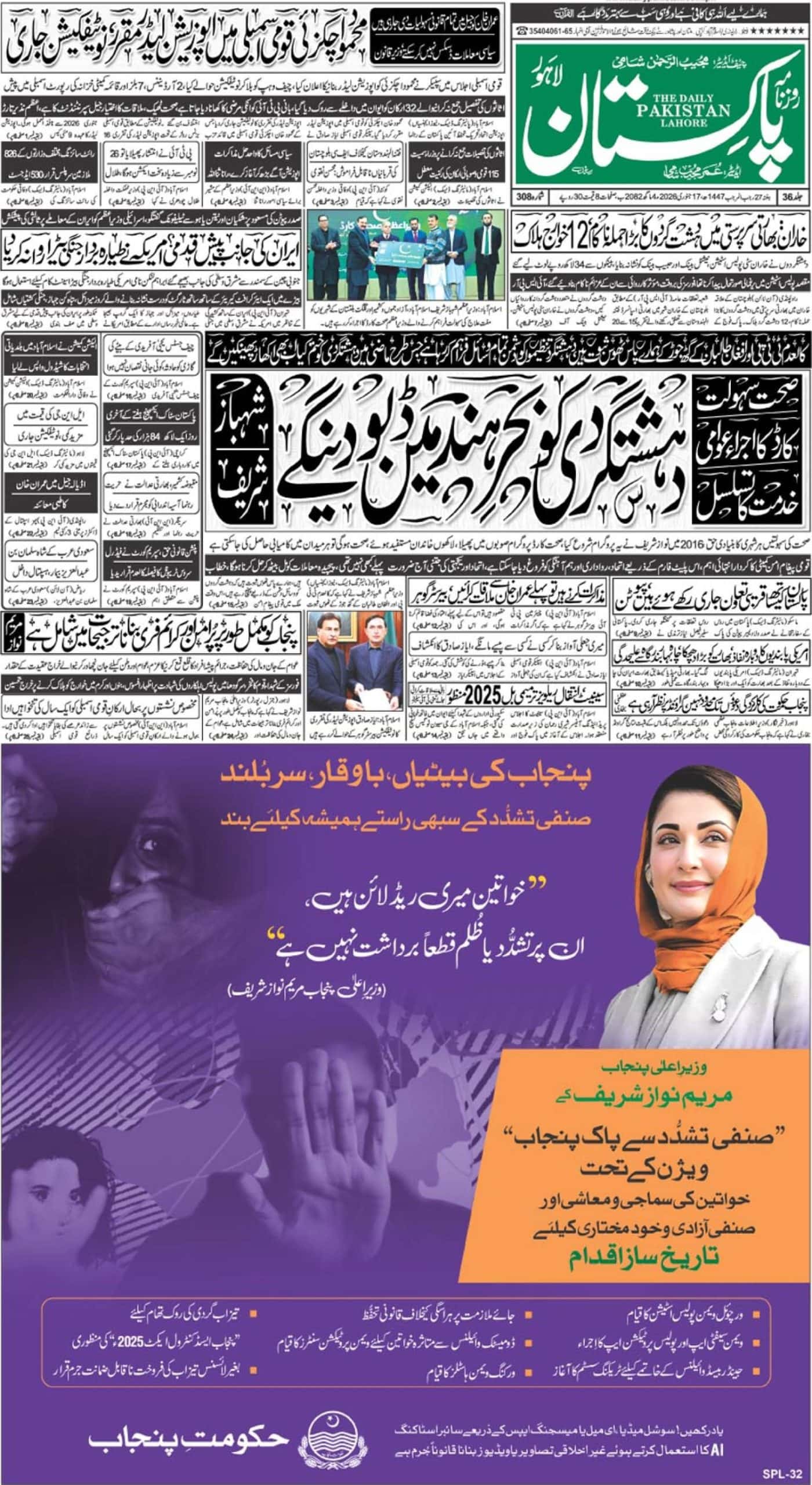ISLAMABAD (Staff Report) – Leadership for Environment and Development (LEAD) Pakistan, in collaboration with OXFAM Novib, has launched the ‘Climate Change Portal Pakistan’ which aims to create an online database to disseminate research and sectoral papers on Climate Change and its associated sectors.
The portal aims to raise Climate Change awareness on various themes by publishing materials authored by Pakistani and non-Pakistani researchers/writers.
The portal will host project reports, policy briefs, country position papers and government policy documents on sectors associated with and affected by climate change. The portal will also serve as a source of news for national and sub-national events on climate change.
According to Arif Rahman, Coordinator Climate Change, LEAD Pakistan, the climate change research in Pakistan is in its infancy. “The portal will bring together resources that will help researchers engage in meaningful research on Climate Change issues in Pakistan, and will add to the growing realization that besides being a scientific issue, Climate Change is significantly a development issue as well,” he added.
The portal features several themes such as Adaptation, Mitigation, Disaster Risk Reduction (DRR), Low Carbon Development, Resilience, and Climate Finance. It also covers various sectors such as Health, Energy, Water, Transport, in addition to a section on policy updates featuring policies on Forests, Water and Climate Change itself.
The Climate Change Portal Pakistan houses a section on blogs, where people from all walks of life can contribute stories on Climate Change, discussing how it’s impacting the world and what needs to be done in this regard.
The portal launch is part of LEAD Pakistan’s Climate Change program, and supplements its recently initiated process of capacity building and program planning on Climate Change in Pakistan.
It contributes to Climate Change program objectives of research and initiating policy engagement; capacity building for increased stakeholder engagement; creating and managing partnerships and multi-stakeholder networks; and designing for implementing mitigation and adaptation models and frameworks.














